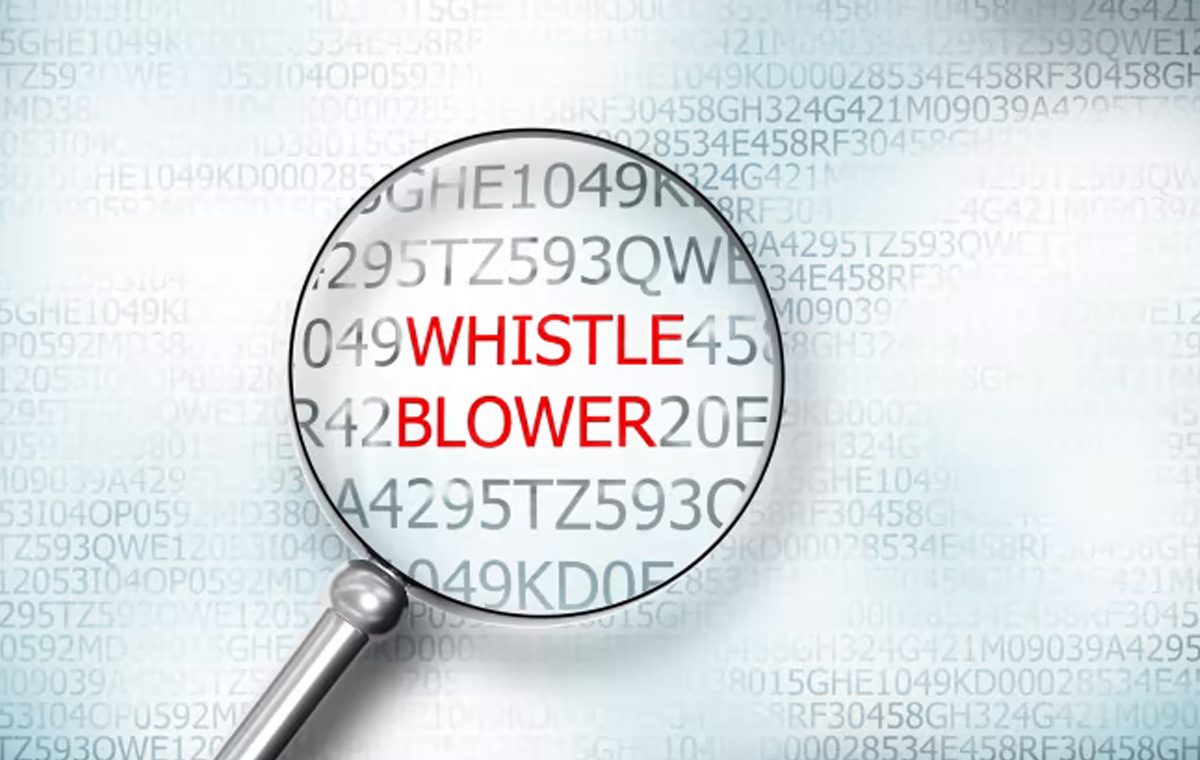

Deciding to Become a whistleblower
If you have evidence of illegal or unethical activities occurring in your workplace, you may be considering becoming a whistleblower. This is not a decision to take lightly, as it likely means putting your career on the line. However, whistleblowing is protected by law, and we can help you navigate the process safely.
Finding an Experienced Whistleblower Attorney
Before going public, be sure to consult with a qualified whistleblower attorney like Kenneth Ubong Udoibok, with over 28 years of legal experience including serving as a Deputy County Attorney, Kenneth has the expertise to handle complex whistleblower cases. He has successfully represented numerous whistleblowers and understands the nuances of building a strong case while protecting his clients from retaliation. Kenneth’s proven track record of victories makes him an excellent choice for legal counsel if deciding to become a whistleblower.
Preparing Your Case with Legal Counsel
Whistleblower cases are not just legal proceedings; they’re personal journeys with a significant impact. As you embark on this path to expose wrongdoing and protect your rights, here’s a concise overview of what you can generally anticipate. Your journey begins with a detailed consultation with us, during which you’ll discuss the alleged misconduct, evidence, and the individuals involved. A critical point emphasized at this stage is the need for utmost confidentiality to shield you from potential retaliation. We will conduct extensive legal research to understand the specific whistleblower laws that apply to your case, ensuring that you’re well-versed in the legal protections you’re entitled to. The backbone of your case is the evidence you’ve gathered, including documents, emails, financial records, and witness statements. Precise organization and documentation are paramount. Together, we’ll draft a comprehensive complaint that outlines the alleged misconduct and its legal basis, ensuring it aligns with the specific requirements of whistleblower laws.
Throughout the process, we will inform you about potential risks and offer protections against retaliation, as safeguarding your well-being is our top priority. If necessary, you may assist in filing a complaint with the relevant regulatory agency while adhering to specific protocols and deadlines, officially registering your case. Communication and negotiations with your employer may follow, addressing the allegations and exploring potential resolutions. As your case progresses, we will conduct investigations, interview witnesses, and meticulously build a legal case, developing particularized strategies for the best possible outcome. Be prepared for the possibility of filing a lawsuit under whistleblower laws if negotiations do not yield a satisfactory resolution.
As your case unfolds, you’ll work towards a favorable settlement with the Defendant. However, in the event that negotiations fail, you must be prepared to proceed to trial, where we will represent you in court. Keep in mind that every whistleblower case is unique, and we will provide more detailed guidance and support specific to your situation. Your journey as a whistleblower plays a pivotal role in exposing wrongdoing and promoting accountability, and we are your steadfast advocate in this essential endeavor. References: Whistleblower Employee Protections SEC Whistleblower Program False Claims Act and Qui Tam Explained
Questions & Answers on Whistleblower
A whistleblower is an individual who exposes or reports illegal, unethical, or improper activities or wrongdoing within an organization, government agency, or private company. Whistleblowers often come forward with information about fraud, corruption, safety violations, discrimination, or other misconduct that they have observed or have direct knowledge of.
Whistleblowers are typically motivated by a sense of moral or ethical duty to reveal wrongdoing and protect the public interest. They may also be driven by concerns for workplace safety, a desire for transparency and accountability, or a wish to prevent harm to others. Whistleblowers often believe that exposing misconduct is the right thing to do, even if it may involve personal risks.
Whistleblower protections vary by country and jurisdiction, but common protections may include:
• Legal safeguards: Laws such as the Whistleblower Protection Act provide legal protections against retaliation for whistleblowers who report wrongdoing.
• Anonymity: Some whistleblower programs allow individuals to report misconduct confidentially or anonymously to protect their identity.
• Anti-retaliation provisions: Laws may prohibit employers from taking adverse actions (such as firing, demoting, or harassing) against employees who report misconduct.
• Financial rewards: In some cases, whistleblowers may be eligible for monetary rewards, often a percentage of any financial penalties imposed on wrongdoers.
The process for reporting misconduct as a whistleblower can vary depending on the organization, government agency, or regulatory body involved. However, it often involves the following steps:
- Gather evidence: Collect and document evidence of the wrongdoing.
- Identify the appropriate authority: Determine the correct channel or agency to report the misconduct to.
- Follow internal procedures: If applicable, follow the organization's internal reporting procedures.
- File a complaint: Submit a formal complaint or report to the relevant authority, which may involve providing evidence and supporting documentation.
- Protect your rights: Be aware of your rights and protections as a whistleblower, including anti-retaliation provisions.
The consequences for individuals or organizations involved in whistleblower cases can vary widely depending on the nature and severity of the wrongdoing. Potential outcomes may include:
- Legal actions: Wrongdoers may face civil or criminal charges, fines, or penalties.
- Civil lawsuits: Whistleblowers or other affected parties may file civil lawsuits seeking damages.
- Reputational damage: Organizations involved in misconduct may suffer damage to their reputation.
- Internal investigations: Companies or government agencies may conduct internal investigations to address the issues raised by whistleblowers.
- Legislative changes: Whistleblower disclosures can lead to changes in laws, regulations, or industry practices to prevent future misconduct.